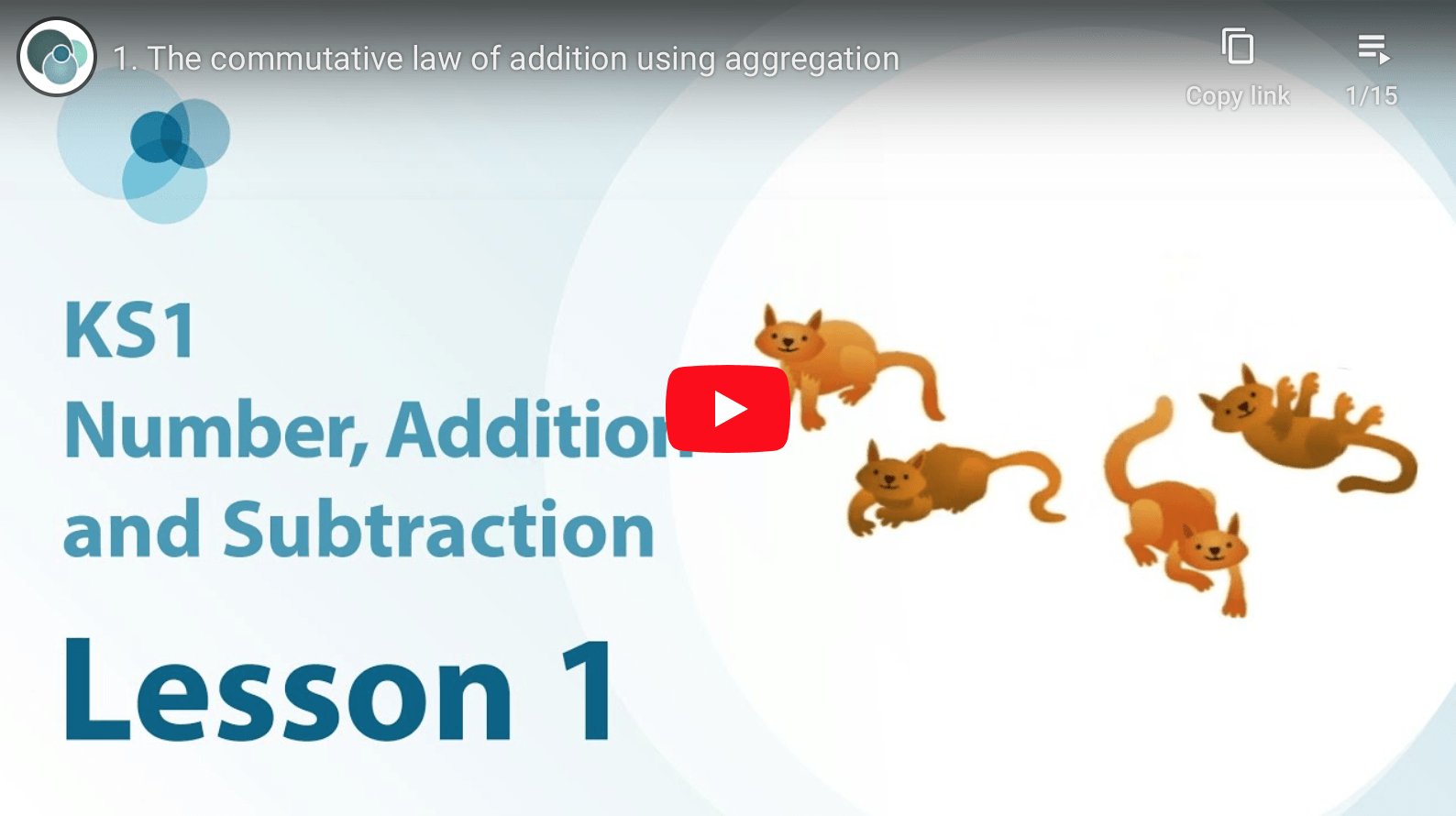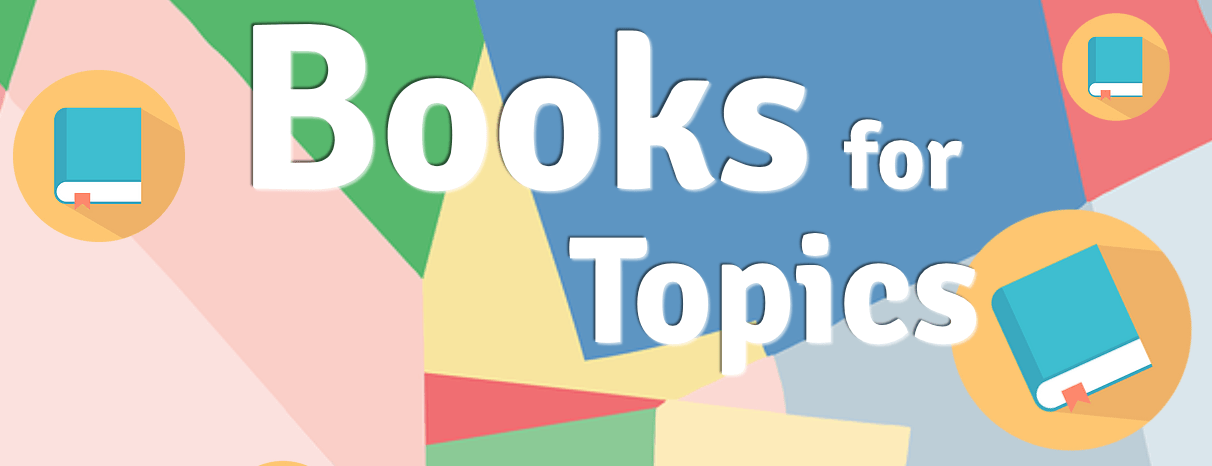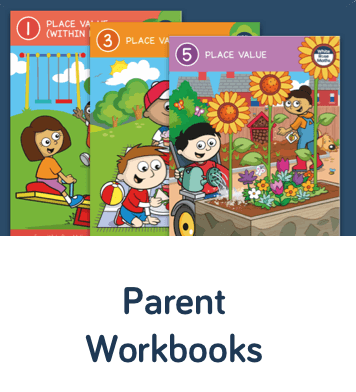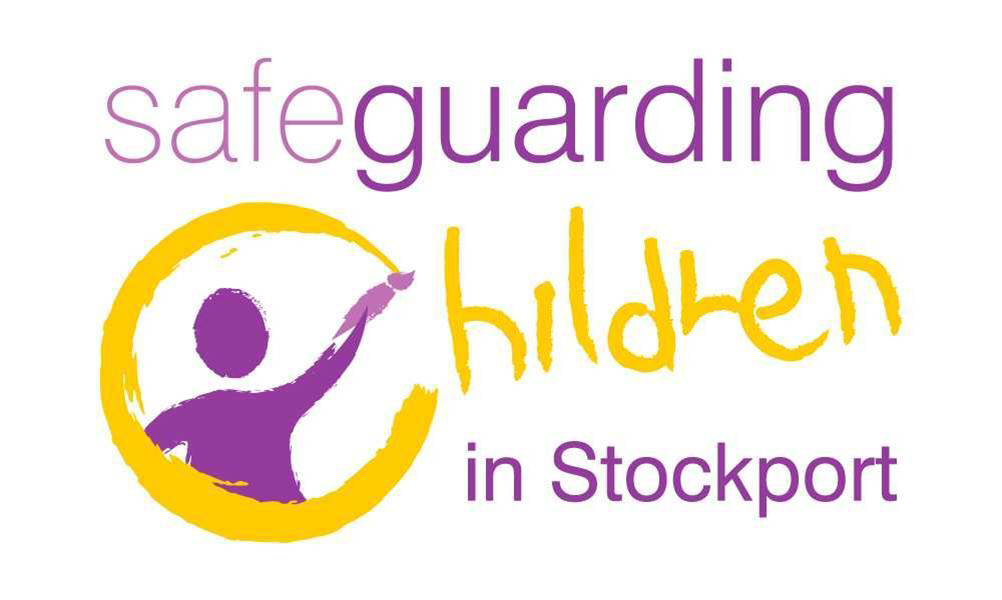- Home
- Curriculum Subjects
- Curriculum Subjects
- Maths at NCJPS
- Home Learning Maths - How To (Parent) Guides
- Home Learning Class Links- Year 5 Maths
- Home learning - Early Years to Year 6 Maths (Activities and Resources)
Home learning - Early Years to Year 6 Maths (Activities and Resources)
Helping your child with maths
Let's build a culture of belief - everyone can succeed at maths!
As a school, we use the White Rose Maths scheme to deliver our curriculum. Our school's clear, time-linked plan for learning maths across each key stage can be found here.
"How can I help my child at home?"
ALL CHILDREN
- Ask your child to teach you their new learning
- Use repetition to develop fluency
- Ask your child to justify what they are doing
- Work through examples backwards so that your child can consolidate their understanding of each step
"It can be difficult to learn new mathematical content away from the classroom, but evidence suggests that we should provide opportunities for children to retrieve the knowledge that they have previously learnt. Parents should encourage practice of previously studied content. This might be via an online learning platform – a textbook – or simply revisiting questions." (Education Endownment Foundation blog ''Supporting the learning of mathematics at home")
YOUNGER CHILDREN
- Make maths relevant by incorporating it into everyday activities (ask them to help count money out when shopping, point numbers out in their environment...)
- Use mathematical vocabulary where possible as part of conversations and play (e.g. 'Which is bigger? Which teddy is first in line? Who has more? Are they shared fairly?')
- Sing number rhymes! Nursery Rhymes and Songs (BBC School Radio)
- Watch Numberblocks (BBC) together
- Find the maths in story books

- Play games (Dominoes, board games, Top Trumps, Snakes and Ladders, dice games...)
- Play online maths games (see Maths Resources and Weblinks)
- Make your own board games
OLDER CHILDREN
As children become older, more independence can be expected, but support will still be needed.
- Create a daily routine for mathematical practice (reinforce with praise and rewards)
- Encourage your child to set goals, plan, and manage their time, effort, and emotions. (This type of support can help children to regulate their own learning and will often be more valuable than direct help with mathematical tasks.)
- Having a place to study mathematics, with the materials they need, is helpful.
- Encourage your child to practise the times tables either online or on paper. There is value in this: evidence shows that pupils need to develop a fluent recall of mathematical facts, and times tables are among the most important of these.
- Ask your child to share aloud their thinking:
White Rose Home Learning Sessions
White Rose Maths offers some great home learning sessions which can be easily accessed and complement the White Rose Education premium resources which your child enjoys at NCJPS.
WHITE ROSE HOME LEARNING Reception (EYFS)
White Rose Home Learning Year 1
WHITE ROSE HOME LEARNING Year 2
WHITE ROSE HOME LEARNING Year 3
WHITE ROSE HOME LEARNING Year 4
WHITE ROSE HOME LEARNING Year 5
WHITE ROSE HOME LEARNING YEAR 6
Home learning videos are available for every single small step. They are fun, practical and easy to use. Each learning block has a set of questions for your child to solve. The videos will show you clearly and simply how to help your child complete the linked activities successfully.
To access the White Rose Maths Home Learning website directly, please use the links above.
To access any of the Home Learning videos and activities linked to your child's current maths topic (see Weekly Digest), please use the Home Learning Class links.
School-Home Resources
By the end of Year 4, children should be proficient in all of their times tables up to 12x12. In the summer term, the children in Year 4 sit the Multiplication Tables Check (MTC) to test their knowledge of the times tables. To support the learning and continued practise of times tables, we use Times Table Rockstars (TTRS). This is an online platform where children engage in a range of games to improve their speed and accuracy with times tables.
Prior to learning their times tables, children need to become proficient in their basic addition and subtraction skills. To support this, alongside White Rose Maths, children have access to a range of other resources. Many of these can be easily accessed at home.
TIMES TABLES ROCKSTARS (TTR)
PURPLE MASH
Resources that do not require a login:
White Rose Maths Parent Resources
At NCJPS, we follow the White Rose Scheme of Learning in mathematics. White Rose provides some fantastic printable resources to support learning at home:
Early Years Bitesize Maths (BBC)
ICT GAMES (FREE EDUCATIONAL GAMES 5-8 YEARS)
I See Maths (Early Number Sense)
I SEE MATHS (GAMES/RESOURCES/STRATEGIES)
KS1 Bitesize Maths (BBC)
KS2 BITESIZE MATHS (BBC)
MATHEMATICS SHED (Videos/Resources)
Math Playground
MATHS CHASE (KS2)
MATHS.CO.UK (UKS2)
MATHS FRAME (Times Tables/ Problem Solving)
MATHS AT HOME (Support Videos)
NRICH (UNIVERSITY OF CAMBRIDGE)
NRICH INTERACTIVE (Interactive Activities/ Games)
Numberblocks (BBC)
OAK ACADEMY (VIDEO LESSONS/RESOURCES)
TOP MARKS (4-11 years Everyday Practice)
TIMESTABLES (SPEED TESTS, CHECKS, WORKSHEETS)
(Don't forget that you can download your 'Times Table Practice and Guidance Booklets' and 'Times Tables in School Oxford Owls Booklet' both below.)
VIDEO LESSONS (NCETM)
These short videos were originally produced to provide primary school pupils with interactive lessons while they were learning at home. Parents or teachers can now use them in school or at home, but it is important that, within each batch, they are set in the suggested order. Most lessons are between 15 to 20 minutes long, each ending with suggested follow-up tasks.
 |
 |
 |
 |
 |
 |
 |
 |
 |
 |
Please feel free to reach out to your child's class teacher or the school's maths lead (Victoria Krywonos) if you have any questions.











